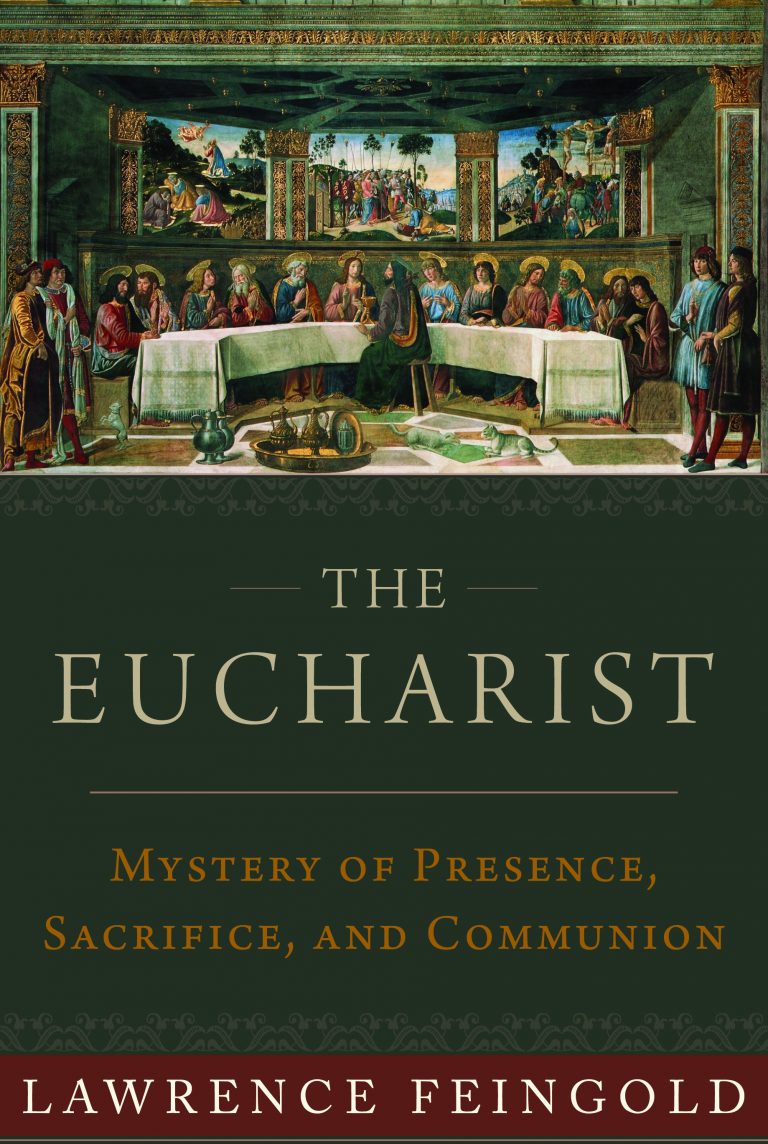The Didache
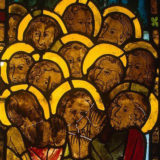
Perhaps the earliest description of the celebration of the Eucharist outside the New Testament is from the Didache, which is dated either to the second half of the first century or to the first half of the second century.
Download Audio FileSt. Ignatius of Antioch
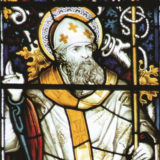
The Eucharistic faith of the age of the Apostolic Fathers is given in an extraordinarily clear way by St. Ignatius of Antioch in his seven letters written on his way to be fed to the wild beasts in the Coliseum around the year AD 107.
Download Audio FileSt. Justin Martyr
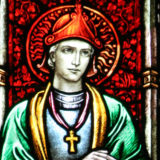
A brief account of the liturgy of the Eucharist is offered by St. Justin in his work, First Apology, written about AD 150.
Download Audio FileSt. Irenaeus of Lyon
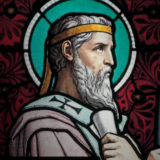
St. Irenaeus, writing some seventy years after St. Ignatius and thirty years after St. Justin, develops the same themes with regard to the Eucharist.
Download Audio FileThe Eucharistic Prayer of the Apostolic Tradition
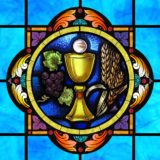
One of the earliest complete Eucharistic Prayers that has come down to us is in the work often attributed to St. Hippolytus called the Apostolic Tradition, which is commonly dated to the first part of the third century.
Download Audio FileSt. Cyprian
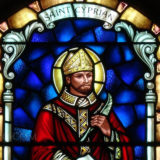
St. Cyprian of Carthage treats the Eucharist in a letter written around AD 253 to a fellow bishop named Cecil.
Download Audio FileSt. Athanasius
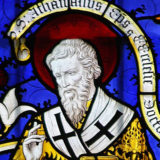
One of our primary sources of knowledge about the faith of the early Church in the Eucharist can be found in homilies given to the newly baptized to catechize them on the Church’s faith regarding the sacraments of Christian initiation. A fragment of a homily of St. Athanasius to the neophytes has been preserved in which St. Athanasius emphasizes the realism of the Eucharistic conversion:
Download Audio FileSt. Cyril of Jerusalem
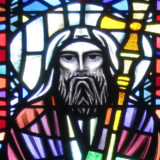
St. Cyril of Jerusalem’s Mystagogic Catecheses, which are the sermons he gave in the Basilica of the Resurrection in Jerusalem to the newly baptized sometime before his death in AD 387, conclude with a robust affirmation of faith in the mystery of the real presence.
Download Audio FileSt. Hilary
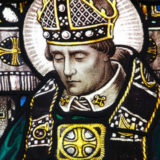
St. Hilary, great fourth-century bishop of Poitiers, France, affirms the real presence, explaining that the Eucharist has the power to sanctify or divinize us because the true Body of Christ, present in the Eucharist, is united to His soul and the divine nature of the Son.
Download Audio FileSt. Ambrose
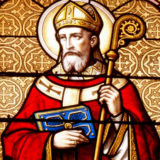
In his De Sacramentis, which is a collection of homilies given to the neophytes in Easter week, St. Ambrose speaks very clearly about the conversion of the bread and wine into the Body and Blood of Christ through the power of the words of institution said at the consecration.
Download Audio FileSt. Augustine
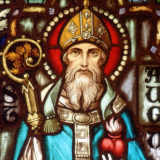
St. Augustine’s theology of the Eucharist stresses its proper effect, which is the unity of the Mystical Body. It has this effect of binding together the Mystical Body of Christ precisely because the members of the Church receive the real Body and Blood of Christ.
Download Audio File